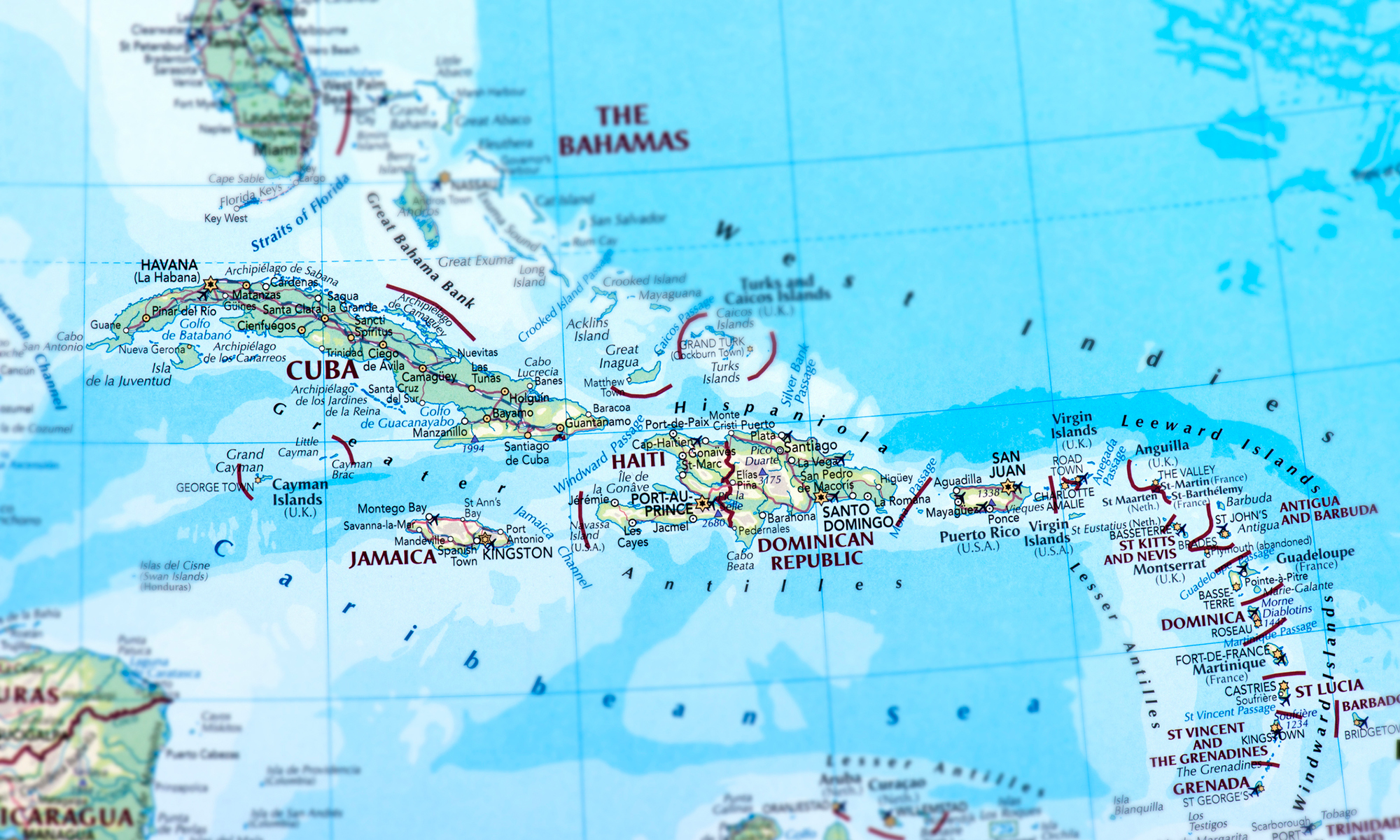On December 17, 2014, the Obama Administration announced new regulations governing travel to and trade with Cuba. Today, the U.S. Department of the Treasury and the U.S. Department of Commerce published in the Federal Register the revised Cuban Assets Control Regulations and Export Administration Regulations, which put into effect changes to the sanctions against Cuba administered by Treasury’s Office of Foreign Assets Control and Commerce’s Bureau of Industry and Security.[1] The regulations are effective as of January 16, 2015.
The new regulations will immediately impact travel to Cuba. Although travel to Cuba for general tourist activity is still prohibited, under the new regulations, Americans will face fewer obstacles when traveling to Cuba, effectively ending the travel ban to the island. The administration’s new rules on travel and trade further the President’s goal of normalizing relations with Cuba by easing restrictions on travel, business and remittances. Under the previous rules, Americans traveling to Cuba had to justify their trips under 12 categories of permitted travel and in most cases obtain a specific license from the Treasury Department.[2] Although travel to Cuba will still be limited to the twelve existing categories, the new regulations are drafted in such a way that allow most Americans to travel to Cuba without obtaining a specific license from the U.S. government. Travel previously authorized by specific license will be authorized by general license, subject to appropriate conditions. This means that individuals who certify that meet the conditions laid out in the regulations will not need to apply for a license to travel to Cuba.
Airlines and travel agents will also be allowed to provide service to Cuba without a specific license. Americans may now book travel directly with airlines and travel agents instead of through government authorized agencies. The new regulations will significantly affect the travel, hospitality and leisure sector, including airlines, cruise lines, hotels and travel agencies.
Travelers will be allowed to spend as much money as they want on travel-related expenses while in Cuba, which was previously limited. Additionally, travelers will be allowed to engage in transactions related to travel within Cuba, including paying for costs of living expenses and purchasing goods for personal use while in Cuba. Travelers will also be allowed to use U.S. credit and debit cards in Cuba.
U.S. insurers will be allowed to provide coverage for global health, life, or travel insurance policies for individuals ordinarily resident in a third country who travel to or within Cuba. Health, life, and travel insurance-related services will continue to be permitted for authorized U.S. travelers to Cuba.
[1] U.S. Department of the Treasury regulations can be found at 31 Code of Federal Regulations (CFR), part 515, see here. U.S. Department of Commerce regulations can be found at 15 CFR parts 730-774, see here.
[2] The twelve categories of permitted travel to Cuba are: (1) family visits; (2) official business of the U.S. government, foreign governments, and certain intergovernmental organizations; (3) journalistic activity; (4) professional research and professional meetings; (5) educational activities; (6) religious activities; (7) public performances, clinics, workshops, athletic and other competitions, and exhibitions; (8) support for the Cuban people; (9) humanitarian projects; (10) activities of private foundations or research or educational institutes; (11) exportation, importation, or transmission of information or information materials; and (12) certain export transactions that may be considered for authorization under existing regulations and guidelines.
